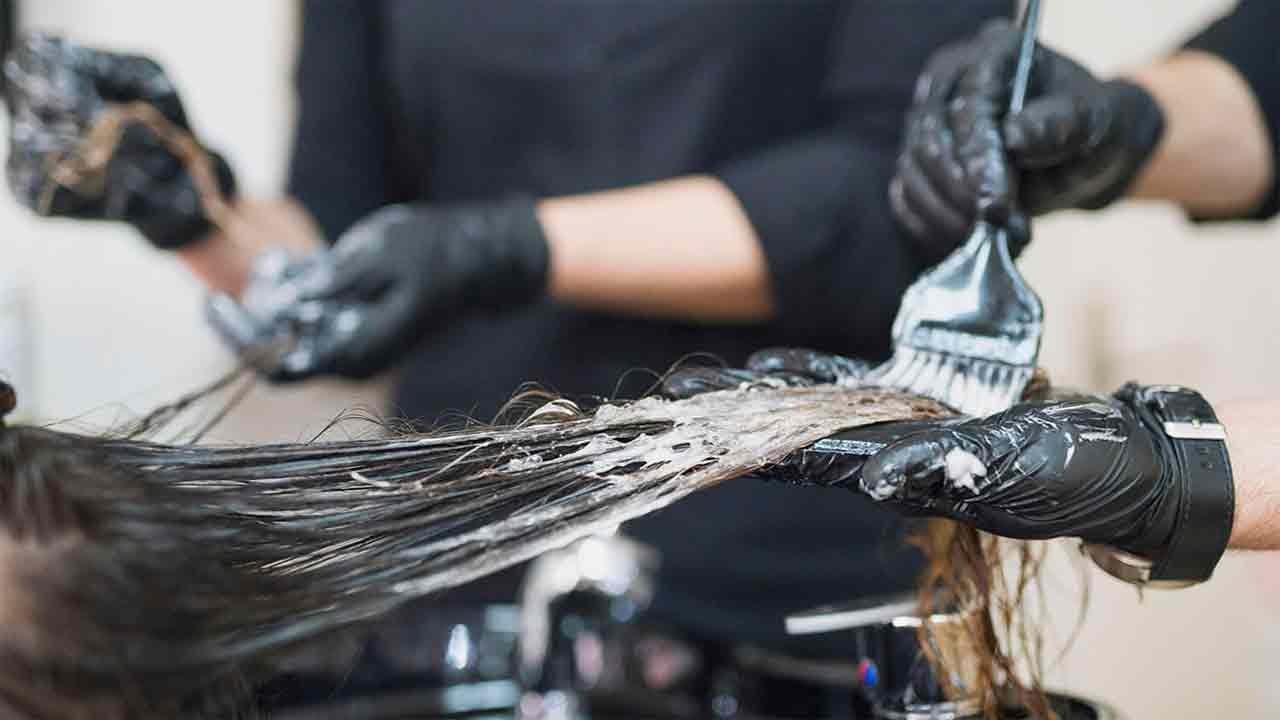A concerning incident reported in the New England Journal of Medicine sheds light on the potential dangers associated with certain hair straightening and straightening products. According to media reports, a 26-year-old Tunisian woman experienced kidney problems following multiple sessions at a hair salon over the course of two years, between June 2020 and July 2022.
The report, compiled by French doctors and submitted to the journal’s editor, detailed the woman’s health complications and their suspected link to the hair treatment products used during her salon visits. The woman began experiencing symptoms concurrent with her visits to the salon, including soreness and irritation of the scalp.
Upon medical examination, doctors discovered elevated levels of creatinine in the woman’s blood—a concerning indicator of kidney damage. These symptoms consistently manifested following each session at the hair salon, prompting further investigation into the potential causes.
During the hair treatment sessions, the woman’s hair stylist applied a cream containing 10% glyoxylic acid—a chemical commonly found in hair straightening products. The research team identified glyoxylic acid as the likely culprit behind the kidney damage observed in the patient. They emphasized the toxicity of glyoxylic acid to the kidneys and underscored the importance of avoiding products containing this harmful substance.
Based on their findings, the team of doctors urged caution regarding the use of hair straightening products containing glyoxylic acid. They advocated for stricter regulation and oversight of such products, emphasizing the need to prioritize consumer safety and health.
The incident serves as a stark reminder of the potential risks associated with certain beauty and cosmetic treatments. As consumers, it is essential to remain vigilant and informed about the ingredients and chemicals present in the products we use. Moreover, regulatory bodies and policymakers are urged to take proactive measures to safeguard public health by imposing restrictions on harmful substances in cosmetic products.


